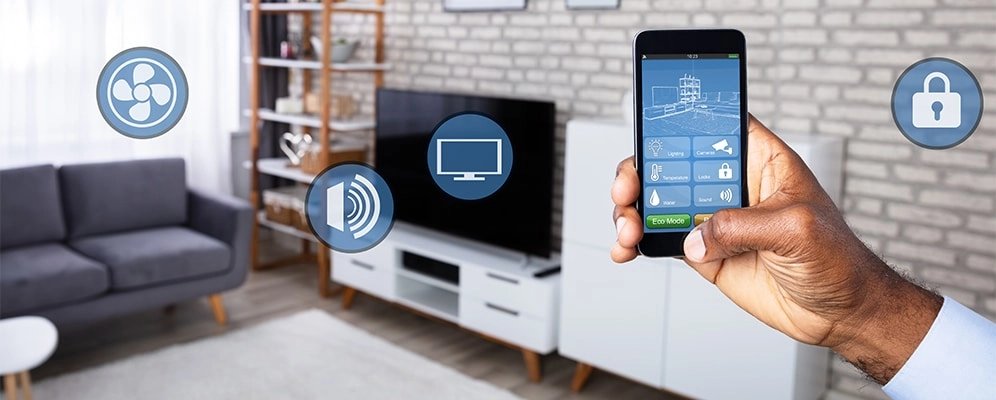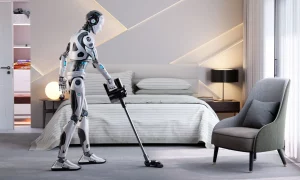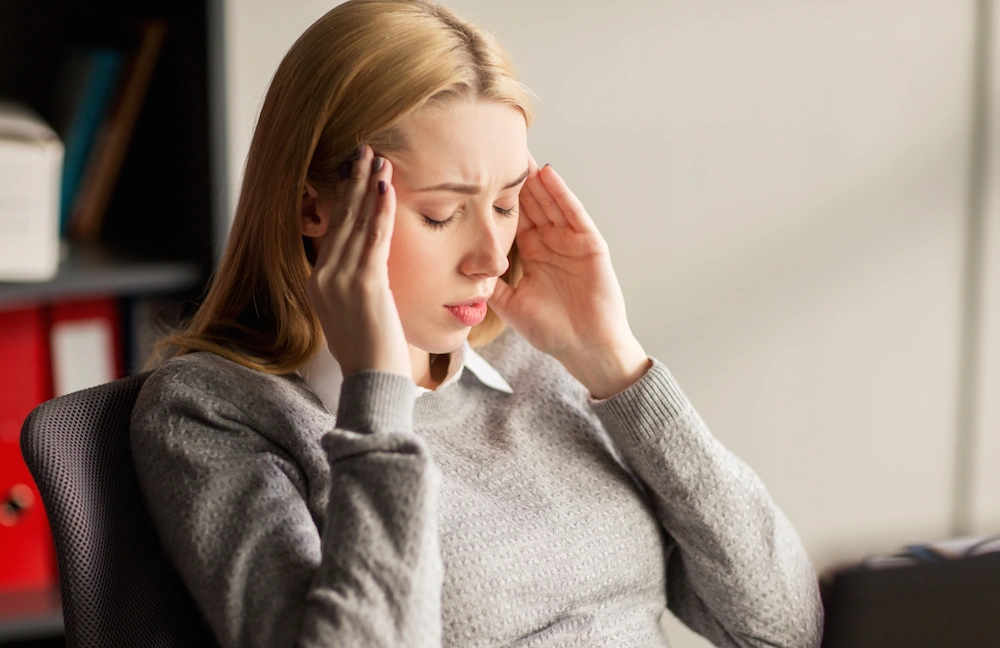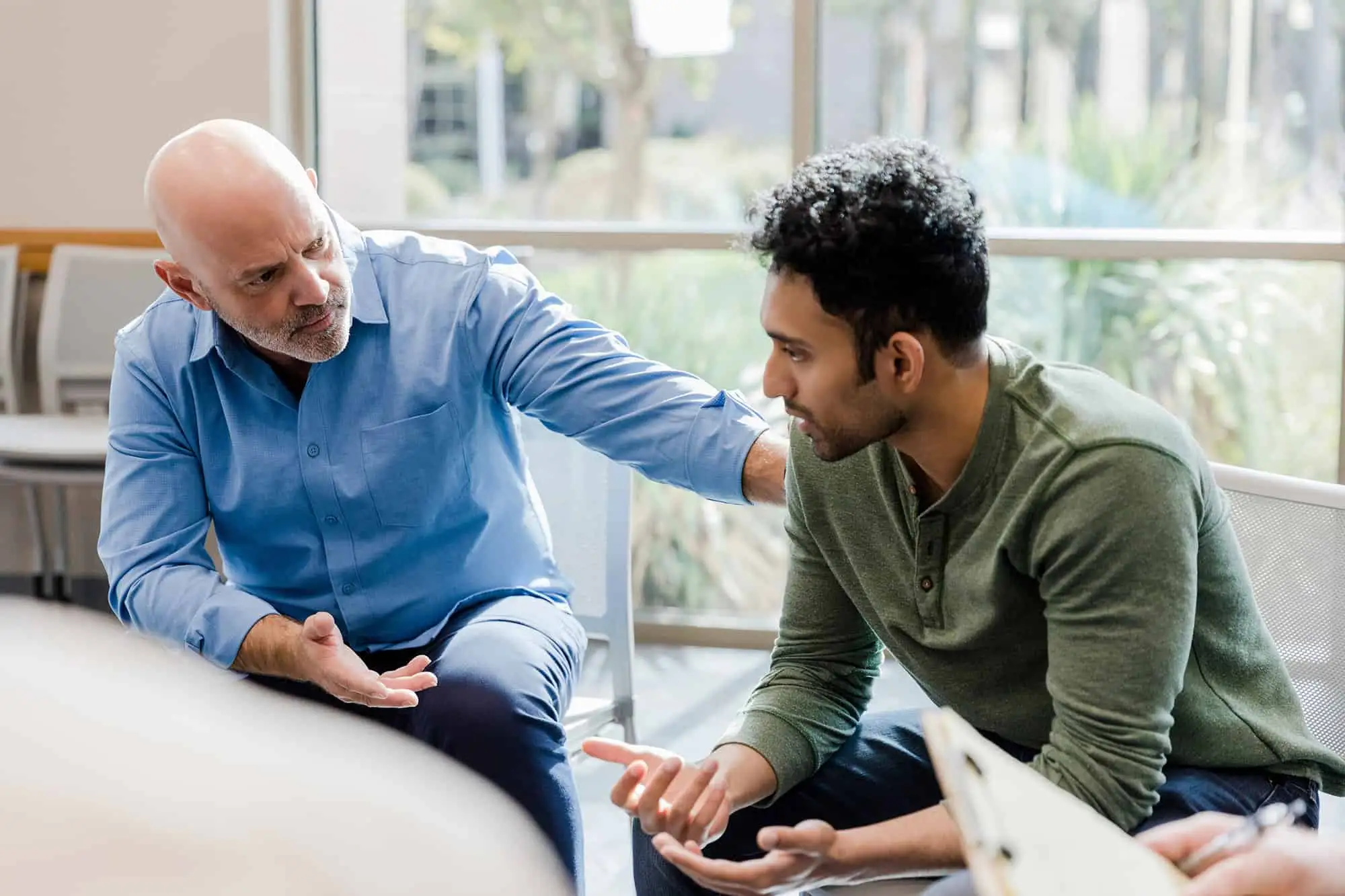In our modern world, many individuals face the harsh reality of mobility challenges impacting their daily lives. These obstacles, whether physical or cognitive, can turn simple tasks into overwhelming hurdles, diminishing independence and self-assurance. Fortunately, the fusion of technology and innovation provides a ray of hope. By delving into the realm where mobility challenges meet technological solutions, we unearth possibilities to empower individuals and elevate their quality of life. What obstacles hinder independent living, and how can assistive technologies serve as a bridge to overcome them?
Key Takeaways
- Understanding mobility challenges is crucial for developing targeted solutions that promote autonomy and self-sufficiency.
- Physical and cognitive limitations can be alleviated through assistive technologies, enhancing independence and confidence.
- Smart home automation, wearable devices, and inclusive transportation systems can improve daily life and social participation.
- Recognizing the impact of limited mobility on daily tasks, relationships, and mental health is essential for addressing these challenges.
- Harnessing technology can empower individuals to regain control over their lives, enhancing their overall quality of life.
Defining Mobility Challenges Today
As the global population continues to age, understanding mobility challenges has become a pressing concern, with millions of people worldwide struggling to perform daily tasks due to physical or cognitive impairments. Mobility challenges are essential in addressing these limitations, enabling individuals to regain independence and confidence in their daily lives.
Barriers to Independent Living
Numerous physical and cognitive obstacles impede individuals with mobility challenges from living independently, exacerbating their reliance on others for daily tasks and activities. Understanding mobility challenges is essential in identifying these barriers, which can include limited accessibility, sensory impairments, and chronic conditions. By acknowledging these obstacles, we can develop targeted solutions to promote autonomy and self-sufficiency.
Impact of Limited Mobility on Daily Life
Understanding mobility challenges is essential in recognizing the profound effects of limited mobility on daily life. Limited mobility significantly restricts an individual’s ability to perform daily tasks, participate in social activities, and maintain personal relationships, ultimately diminishing their overall quality of life. This restriction can lead to feelings of isolation, depression, and anxiety, further exacerbating the issue.
Tech Solutions for Enhanced Accessibility
Fortunately, advancements in technology have paved the way for creative solutions that can greatly improve accessibility, thereby reducing the impact of limited mobility on daily life. Understanding mobility challenges, and tech solutions can provide inventive ways to overcome barriers, enhancing the quality of life for individuals with mobility limitations. This includes smart home automation, wearable devices, and transportation systems that promote independence and inclusivity.
Empowering Individuals With Assistive Tech
Assistive technologies have emerged as a vital component in alleviating the impact of mobility obstacles, enabling individuals to regain control over their daily lives and interact more seamlessly with their environment. By understanding mobility obstacles, we can harness the power of assistive technology to promote independence, confidence, and overall well-being, ultimately enhancing the quality of life for individuals with mobility limitations.
Frequently Asked Questions
What Are the Most Common Causes of Mobility Challenges in Older Adults?
In older adults, common causes of mobility challenges include muscle weakness, joint pain, balance disorders, neurological conditions, and sensory impairments, which can significantly impact daily functioning and overall quality of life.
Can Mobility Aids Like Canes and Walkers Be Customized for Individual Needs?
Yes, mobility aids like canes and walkers can be personalized for individual needs, allowing for tailored support and comfort, and enhancing overall mobility and independence for older adults with unique requirements.
How Do Mobility Challenges Affect Mental Health and Overall Well-Being?
Mobility challenges can significantly impact mental health and overall well-being, leading to increased anxiety, depression, and social isolation, while additionally affecting self-esteem, confidence, and overall quality of life.
Are There Any Tech Solutions for Mobility-Impaired Individuals With Dexterity Issues?
Yes, various tech solutions cater to mobility-impaired individuals with dexterity issues, including assistive devices, wearable technologies, and adapted interfaces that support independence and accessibility in daily activities.
Can Smart Home Devices Be Integrated With Assistive Technologies for Mobility Support?
Yes, smart home devices can be seamlessly integrated with assistive technologies to provide thorough mobility support, enhancing independence and accessibility for individuals with mobility impairments, while promoting inclusive living spaces.
Conclusion
In summary, the integration of tech support solutions can effectively ease mobility challenges, promoting independent living and enhancing overall well-being. By embracing smart home automation, wearable devices, and inclusive transportation systems, barriers to autonomy are overcome, and individuals with physical and cognitive limitations can regain control over their daily lives. This shift towards assistive technologies enables seamless interaction with the environment, nurturing confidence and improving quality of life.
Also read: Enhancing Office Interiors With Integrated Tech Support





